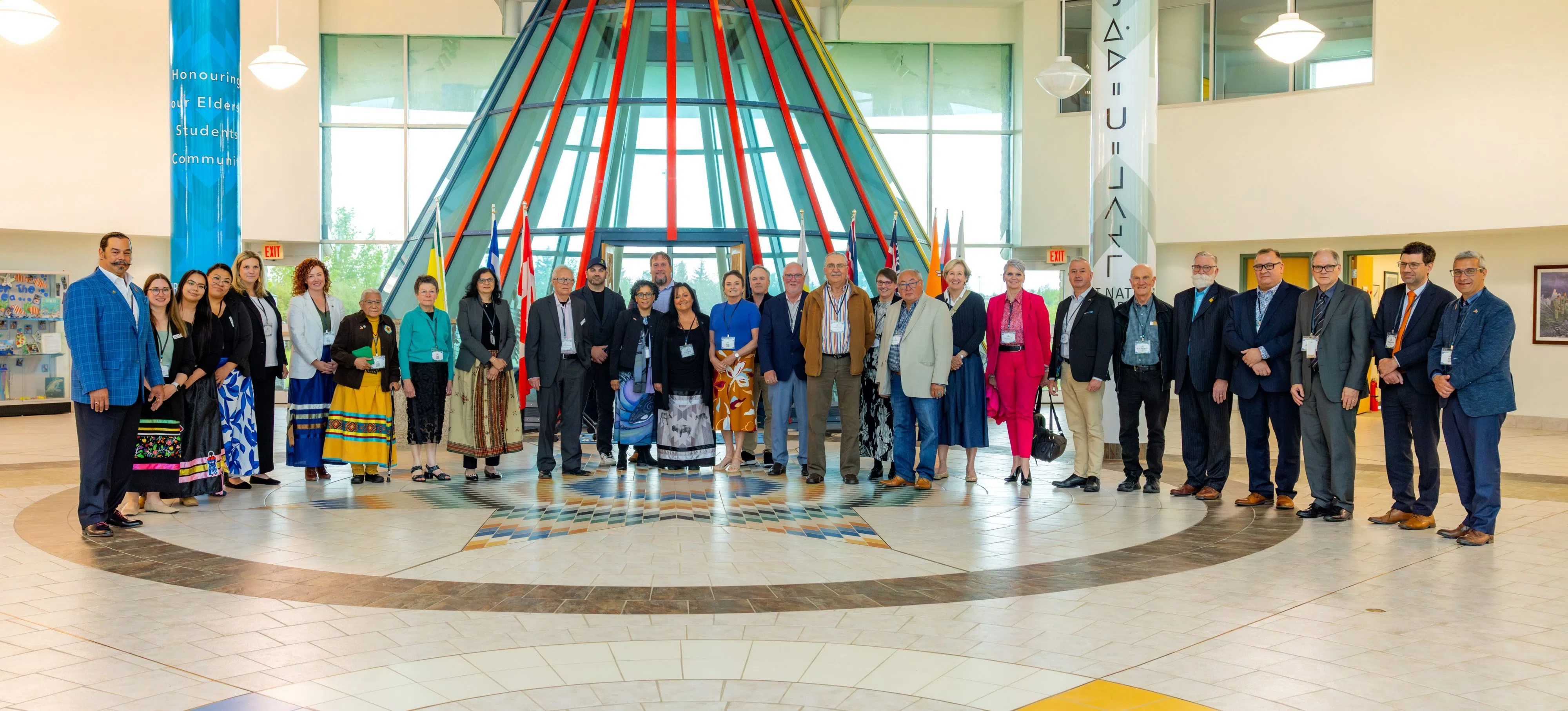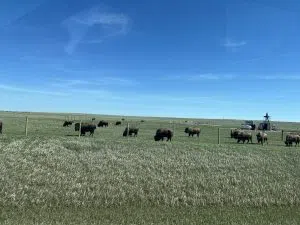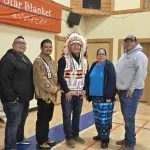
New organization is focused on growing the Indigenous agriculture industry
Kallie Wood and her team are planting the seeds of sustainable Indigenous agriculture across the country one project at a time.
The National Circle for Indigenous Agriculture and Food (NCIAF) is an Indigenous-led non-profit focused on advancing Reconciliation within the agriculture industry and sparking dialogue on Indigenous agriculture.
Wood, the newly minted President and CEO of NCIAF, sees a lot of growth for Indigenous communities when it comes to farming and ranching.
“Our mantra is, everything we do is 100 per cent for Indigenous people,” said Wood, a member of Carry the Kettle Nakoda Nation.
“We want to advance opportunities for our next seven generations – food security and food sovereignty is so important in really bridging that gap in understanding Reconciliation for the agriculture industry.”
The NCIAF unites the agriculture industry, government, academic institutions, and other non-profits with Indigenous people. Through this, they aim to increase Indigenous agriculture and food production through access to and the creation of programs and services.
Wood said a big part of their work is connecting and building relationships with non-Indigenous partners.
“Reconciliation is not just a buzzword,” said Wood. “We really do try to integrate that into meaningful dialogue. We are trying to support and assist non-Indigenous partners on how best make sure those Indigenous voices around the table are being heard.”
Some of the programs that NCIAF has implemented include an international Indigenous Pitch Competition, community gardens including one at Ochapowace First Nation, and developing the National Indigenous Agriculture Programs and Advisory Circle provide guidance in the areas of traditions, cultural understandings, and ceremonies.
Wood said helping address barriers Indigenous people in the industry face is also high on their list of priorities such as the access to capital.
“First Nations are governed by the Indian Act and through Indigenous Services Canada, there’s a lot of barriers to go through to access capital,” she said. “Also, the education piece – there’s a lack of mentorships. They’ve really marginalized Indigenous people in not being able to get into agriculture.”
Wood believes things have begun to shift since the discovery of 215 unmarked graves at a former residential school site near Kamloops.
“That discovery has awakened Canadians,” she said. “There’s a lot more time invested now at looking into why Indigenous farmers are underrepresented in agriculture.”
NCIAF has also engaged with individual businesses, including a bannock business in Alberta who were having issues getting their products in stores. Since working with NCIAF, Wood said they now have their products on shelves across Canada.
They also helped a First Nation in Manitoba develop a greenhouse and community garden project, advancing food security, which is one of the issues they confront most.
“We hear about (food security) every day,” said Wood. “They are coming to us and saying we have to feed our own people first. We have to figure out other ways than driving into a city to feed our people.”
In addition to working with communities on gardens and greenhouses, some communities they work with are bringing bison back to the land and returning to more traditional ways.

bison in a field (Photo supplied by NCIAF)
“Communities are wanting to get back to our ways of growing our food and getting away from herbicides and pesticides,” said Wood. “They’re looking at getting back to natural growth, and getting our soil regenerated.”
More information on what is happening at the NCIAF including job postings is available online at www.nciaf.ca.

